Sweden is nowhere near a paradise for human rights
The Kingdom of Sweden, in northern Europe, with thousands of coastal islands and inland lakes and a population of 10.4 million, regards itself as a global leader in protecting and advocating human rights and preaches to other nations across the world to follow suit.
Yet a closer look at the country's track record shows that Sweden is a far cry from being a paradise for human rights.
It is hard to believe that a country which considers itself as a champion of human rights had one of the most repressive policies on transgender people.
Up until 2013 Swedish law required all transgender people to undergo sterilization if they wanted to legally change their sex.
In fact Stockholm has a long history of using forced sterilization in recent history.
Between 1936 and 1976, the Swedish government forcibly sterilized women considered socially unfit.
They included women released from prison, the mentally ill, people with learning difficulties, the poor, epileptics, alcoholics and women of mixed racial quality. Around 63,000 women were sterilized over the 40 year period.
By many accounts, Sweden has never been an ideal place for women, rape and other forms of sexual violence against women and girls are still widespread across the country.
We stand here in Fittja with knowledge that these things happen in all cities across Sweden, and in all social groups.
Yet another gang rape has happened in Malmo. Today, we are here to support the woman who was raped here, in Fittja, earlier today.
Speaker at vigil for rape victim
In Sweden, almost every second, a woman reports lifetime exposure to some kind of serious violence of which 65% is sexual harassment and 20% is sexual violence.
In 2019 alone 6256 rapes involving victims aged 15 or above were reported in Sweden, according to official preliminary crime statistics, which is a staggering number for a country of hardly more than 10 million people.
As a woman you know that these things happen, but what was overwhelming was that it was so common and especially the testimonies from artists, the actresses [in a documentary on the subject]. I've been quite encouraged and empowered by all these testimonies, testimonies from different sectors of the Swedish society, that the, the tolerance of sexual harassment is really over now.
Isabella Levin, Deputy Prime Minister
Meanwhile, Amnesty International has noted, survivors continue to face barriers in accessing justice, and few investigations have led to prosecution and convictions.
Everybody has witnessed, the very serious and tough crimes, I haven't seen no, but we have sort of an acceptance for the male genus that allows men to do several terrible things, especially to young girls.
Sissela Kyle, Swedish Actress
Moreover, Sweden is a destination, and to a lesser extent, a transit country for women trafficked from Romania, Russia and Nigeria, Albania, Tanzania, Thailand and Estonia, for the purpose of commercial sexual exploitation.
Some of these women are trafficked through Sweden to Norway, Denmark, Germany and the United Kingdom, but women and girls are not the only group vulnerable to sexual crimes.
According to the EU's criminal intelligence agency, Europol, one thousand unaccompanied refugee children disappeared after they arrived in the port town of Trelleborg, southern Sweden, in 2016.
Whereas there was very little information about what happened after the disappearance, the EU's criminal intelligence agency, Europol, have said the children had been targeted for sex abuse and slavery.
Sometimes there are also old people who want to move big orders of drugs from this station to other places and they hire a minor and give from 30 up to 50 Euros.
Europol Agent
A report by Human Rights Watch, "Seeking Refuge, Unaccompanied Children in Sweden", documents shortcomings in the system that prevent children from receiving the care guaranteed by international standards and Swedish law.
I find that really horrible. I will say when I read all the newspapers, and when I read all about it, and those men who actually raped her, didn't go to jail.
A horrible society that we are living today in, and I think that Sweden must be better; we need a better law that can actually protect us.
David Zaar, Rally Activist
The same year the children went missing, due to the government's negligence, the Swedish authorities, ironically, formulated a thorough reintegration programme for Daesh terrorists, coming back from Iraq and Syria, offering them housing and benefits.
By the same token, Sweden has become a safe haven for the the Mojahedin Khalq Organization (MKO), a terrorist group which has assassinated tens of thousands of Iranian citizens since the victory of the Islamic Revolution of Iran in 1979.
Meanwhile the so called vulnerable EU citizens, primarily citizens of Romania and Bulgaria, the majority of whom are Roma who live in destitution and homelessness in Sweden, continue to face discriminatory treatment with many sleeping in tents or temporary settlements on the outskirts of the cities.
According to Amnesty International, the Swedish authorities deliberately deny them access to the most basic services, something that violates their human rights, which Sweden has an obligation to honor for everybody living in the country.
What it seems that Sweden doesn't like to have them near close, maybe outside. It's okay for them, but near close it's not good. You don't want them to work for them. You don't want them to be around them.
Marcello Demeter, Roma Community Member
Surprisingly enough, Stockholm has failed to recognize its own indigenous Sami people's rights, which is in sharp contrast to Sweden's position on indigenous people’s rights elsewhere.
Since the so called refugee crisis the country has introduced a series of restrictive immigration control measures, even as the numbers of refugee applicants have steadily fallen.
The country has continued to increase its detention capacity, detaining more individuals and for longer periods. Sweden continues to forcibly return asylum seekers despite the worsening security situation in the country of origin.
At the same time, the domestic political environment became increasingly hostile. In fact, racism and xenophobia has risen over the past few decades in the country. The anti immigration, anti Islam, Sweden Democrats is now the largest party in southern Sweden, and the third largest party in the Riksdag, the Swedish parliament.
Last but not least, Sweden has fallen short of expectations as a country for whom human rights really matters.
The country has been selling arms to Saudi Arabia and the United Arab Emirates, since 1998, with most of the sales over the past decade.
That's while the two Arab countries have been involved, since 2015, in a bloody war against Yemen which has claimed hundreds of thousands of lives and created one of the worst humanitarian crises in modern history.
There is no sign of a slowdown in this arms sales relationship, Sweden's arms manufacturer Saab opened an office in Abu Dhabi in 2017, in fact Saab, which has supplied military equipment to the Saudi led coalition, is complicit in the ongoing conflict in Yemen.
Sweden has become known for its great human rights rhetoric, blaming others for violating human rights, but when it comes to the country itself, human Rights do not seem to be a priority.
Hezbollah strikes multiple Israeli targets in fresh retaliatory operations
VIDEO | New Zealand: Maori MPs protest in parliament with Haka war dance
Pezeshkian: World has come to believe Iran seeks peace, security
Houthi: US bombs inflame, escalate wars of extermination in West Asia
VIDEO | Press TV's news headlines
UN report says Israel’s methods in Gaza align with ‘genocide’
Attempts to dehumanize Hamas resistance movement doomed to fail
BRICS offers Turkey partner status, says Turkish minister


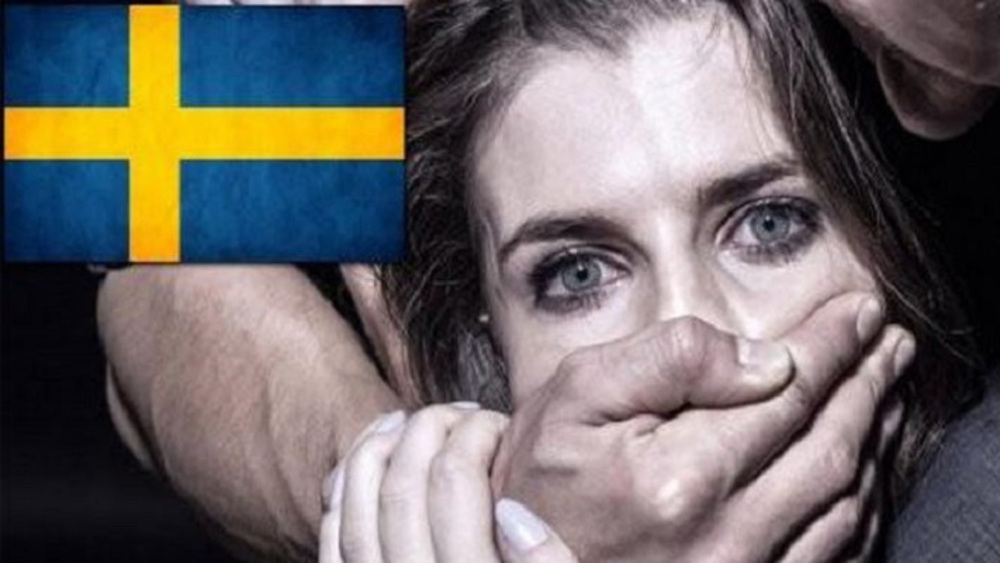
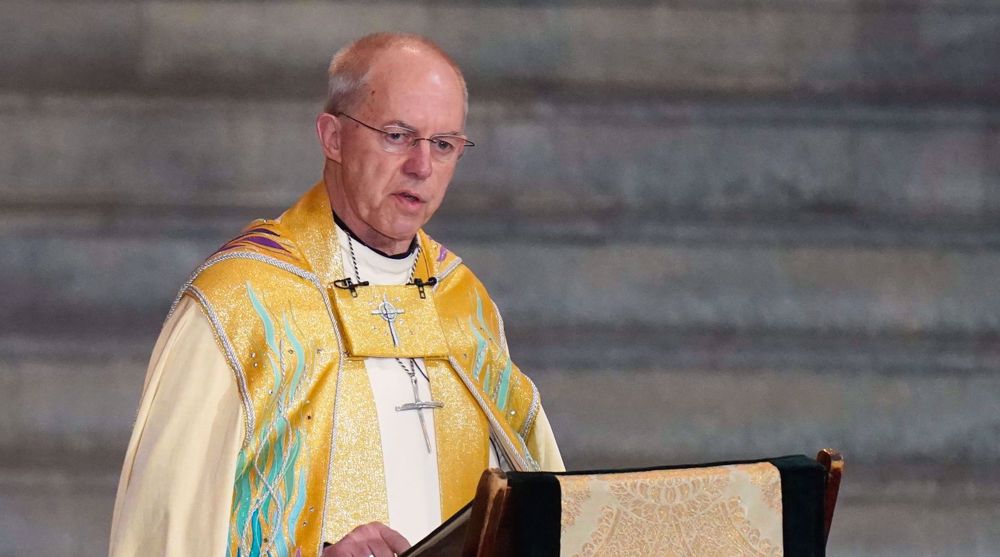
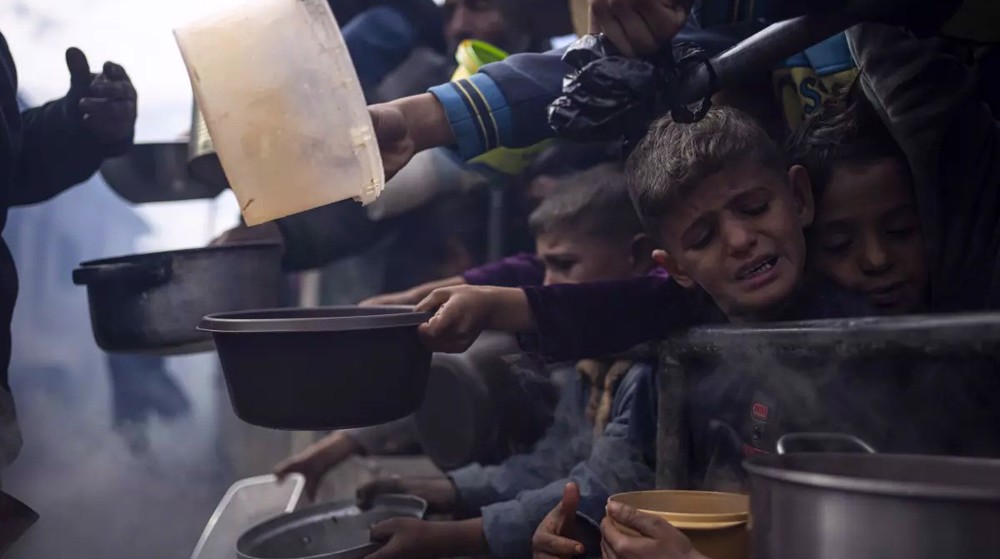
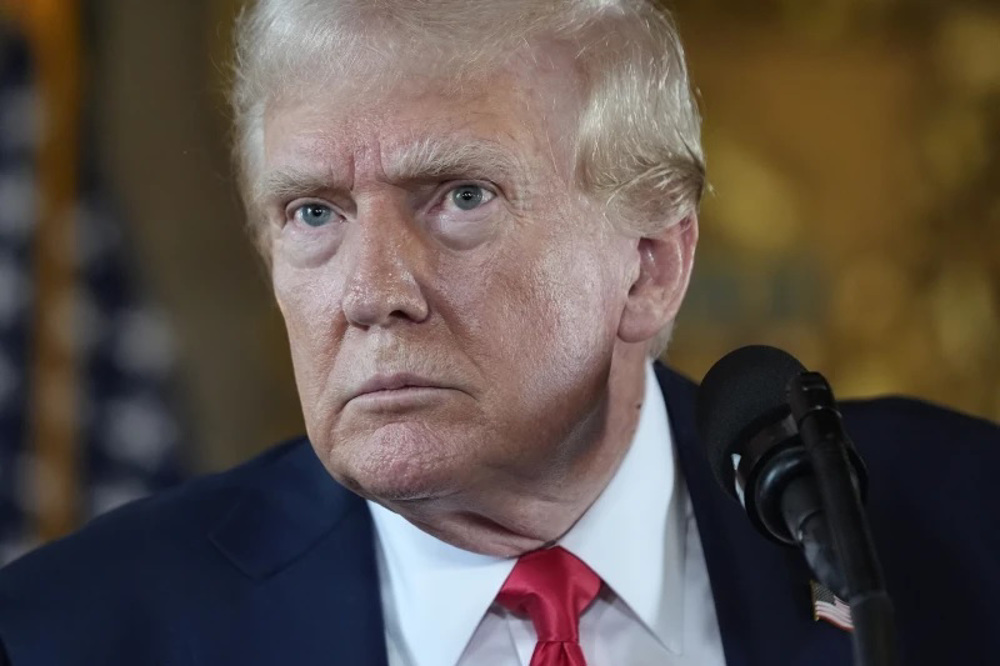



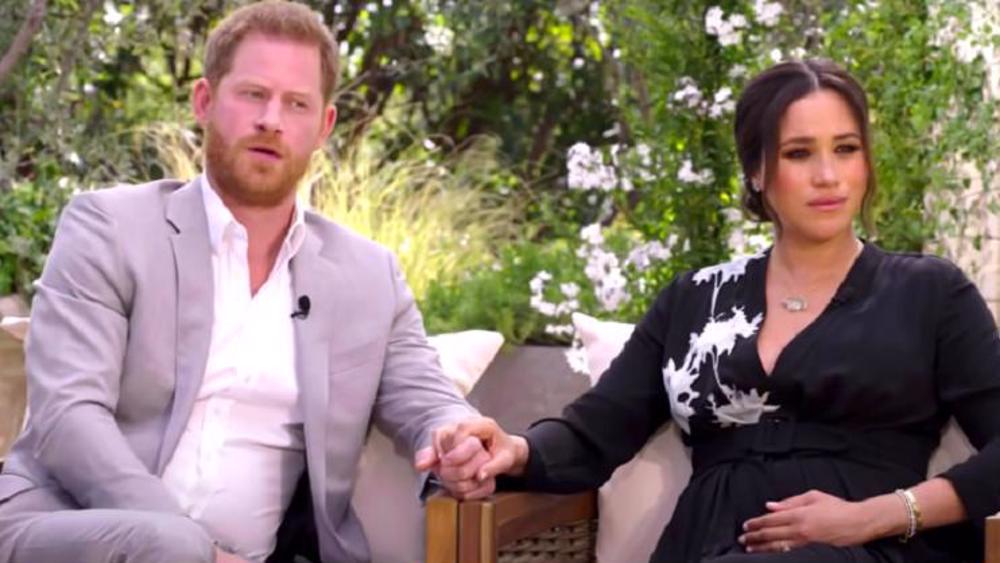
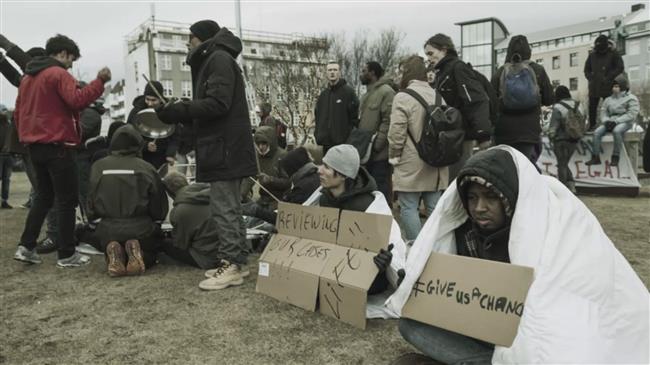


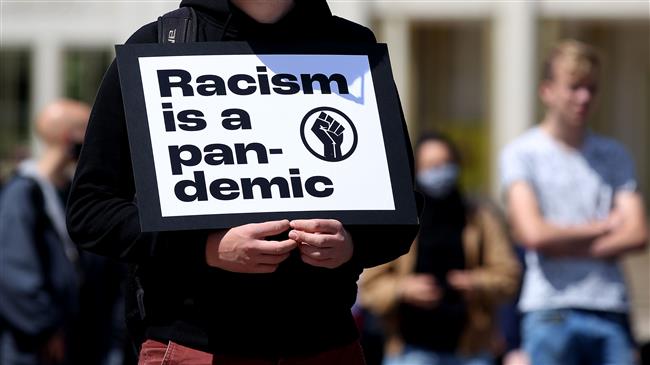

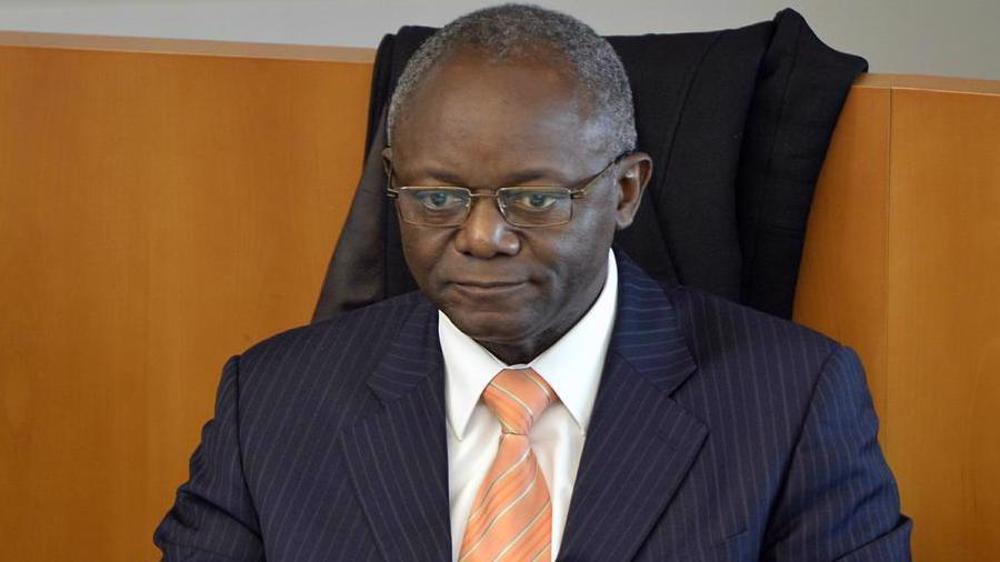

 This makes it easy to access the Press TV website
This makes it easy to access the Press TV website